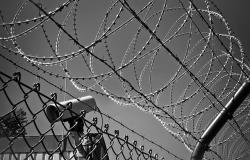
Dominant orthodoxies within the study of terrorism have developed and promoted a strategic understanding of terrorism which has, in effect, reinforced the very conflict it seeks to explain. In response, this article develops the challenge of critical terrorism studies to propose a new strategic approach to terrorism. It posits that, while unable to achieve a Clausewitzian victory over the state per se, terrorism is able to politically paralyse the state's overwhelming power by shifting the moral horizons of that state's constituency. We explore two mutually reinforcing mechanisms by which terrorism achieves this objective and explore a number of strategic policy implications of each. This new approach is needed as current approaches misrepresent the challenge the global community currently faces, creating a self‐perpetuating loop of conflict and grievance which promises no end to terrorist violence.
Policy Implications
- Rather than escalating measures with terrorist violence, states are ultimately best placed responding within legal and humanitarian frameworks.
- The state's resources and institutions are better directed towards understanding and mediating what fundamentally drives hostility aimed towards the state, rather than at containing its violent, yet transitional, expression.
- In order to escape a ‘hurting stalemate’ with a terrorist actor, the state must recognise the terrorist as legitimate, and integrate them into mainstream political spheres.
- Because orthodox approaches to terrorism prescribe responses that sustain and escalate conflict with terrorist actors, critical analysis should be incorporated more into state decision‐making.
Photo: Pixabay